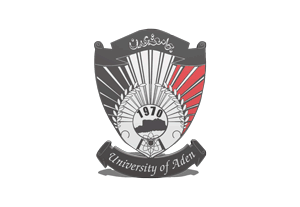THE IMPACT OF ADVERTISING EXPENDITURES ON THE EVALUATION OF MARKETING PERFORMANCE AN APPLIED STUDY ON A SAMPLE OF YEMENI COMMERCIAL BANKS
DOI:
https://doi.org/10.47372/ejua-hs.2024.1.341Keywords:
Advertising Expenditures, Marketing Performance, Yemeni Commercial BanksAbstract
The study aimed to identify the impact of advertising expenditures on marketing performance represented by (deposit growth and market share) in a sample of Yemeni commercial banks. The descriptive analytical approach was used by analyzing the financial statements for the period from 2013 - 2019, in addition to statistical methods to achieve the objectives of the study. The research paper concluded that there is a statistically significant relationship between advertising expenditures and the growth of deposits in Yemeni commercial banks. There is also a statistically significant relationship between advertising expenditures and market share in Yemeni commercial banks. There is also no statistically significant relationship between advertising expenditures and marketing performance in Yemeni commercial banks. The study recommended to raise the level of advertising spending to attract more customers, moving away from the focus on traditional advertising activities, consulting those with expertise in the field of advertising to reduce advertising expenses to increase its effectiveness, and also creating advanced systems for estimating advertising budgets to establish a solid organizational infrastructure.
Downloads
Downloads
Published
How to Cite
Issue
Section
License

This work is licensed under a Creative Commons Attribution-NonCommercial 4.0 International License.








